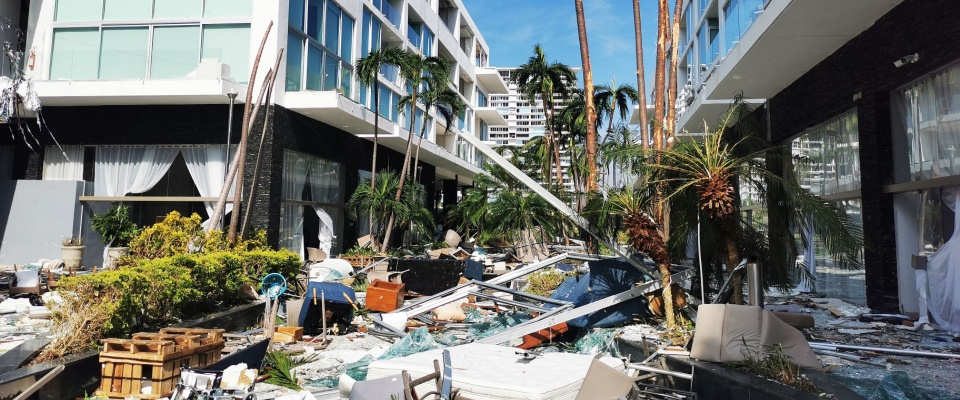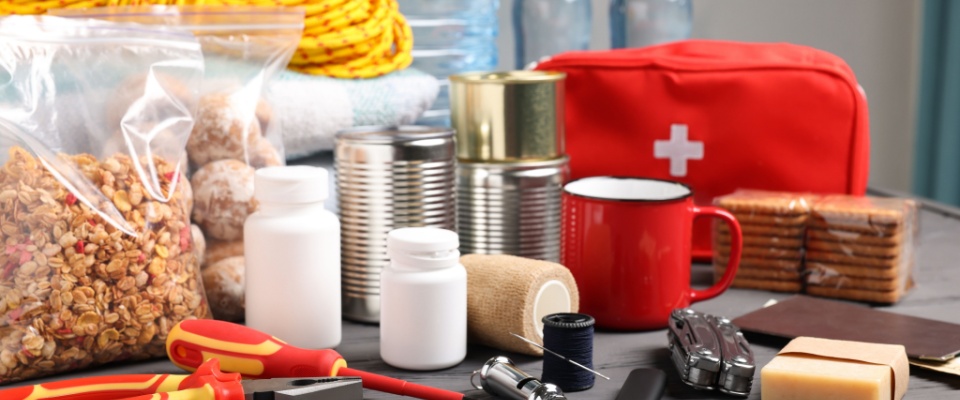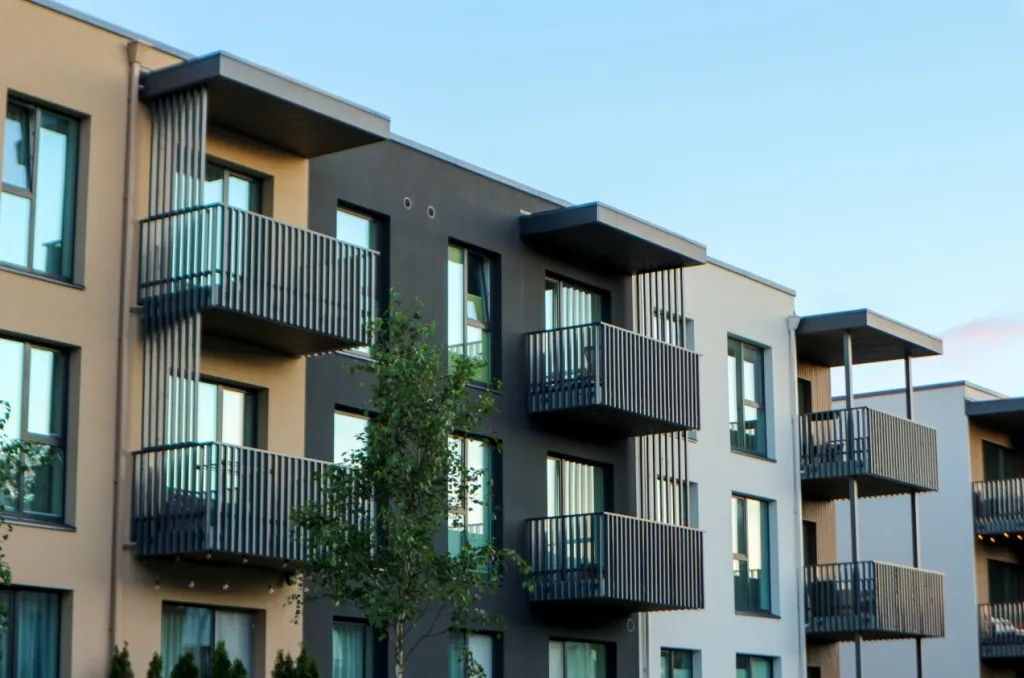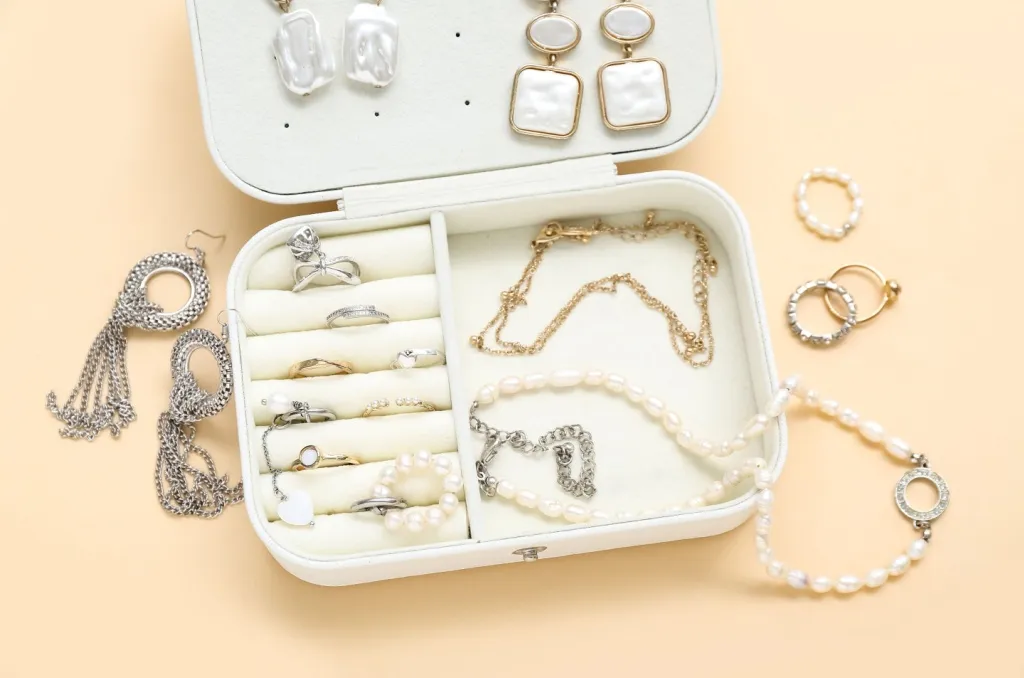Hurricanes can cause significant damage, and if you're a renter, it's natural to wonder how this might impact your apartment and what’s in it. After all, your personal belongings matter, and so does your peace of mind.
If you’re watching the spaghetti-model forecasts predicting a hurricane over your area, you may be wondering, “Does renters insurance cover hurricane damage?”
In this post, we’ll break down what renters insurance typically covers during a hurricane, what it doesn’t cover, and what you can do to make sure you’re fully protected before the next big storm hits.
Does renters insurance cover hurricane damage?
Renters insurance may cover hurricane damage, but it depends on how the damage occurs.
Typically covered by most renters insurance:
- Wind damage to your personal items (for instance, if a window breaks and rain ruins your couch).
- Damage from flying debris or fallen trees.
- Fire damage caused by lightning storms.
- Theft or vandalism that happens in the chaos following a hurricane.
- Loss of use; if your rental is too damaged to live in, your policy might pay for hotel stays, meals, or other temporary living costs.

Also, if a storm damages your belongings, and it’s covered by your renters insurance, you’ll need to file a claim. Be sure to understand the claims process to help things go as smoothly as possible.
Not usually covered by your policy:
- Flooding (even if caused by the hurricane).
- Damage to the building itself (that’s your landlord’s responsibility).
- Storm surge damage from coastal flooding.
- Mold that develops later from untreated water damage.
Tornado damage: Is that covered, too?
If you live in a state where hurricanes and tornadoes both show up on the radar, this is important information to know.
Tornadoes and hurricanes both involve extreme winds, but renters insurance generally treats them the same way. Your policy will typically cover damage caused by:
- High winds that break windows and scatter your belongings.
- Flying debris, like branches or even parts of other buildings.
- Roof collapses that damage your personal property inside.
- Power outages that lead to fires.
Most renters insurance policies will cover water damage from leaky pipes and other property-related issues. However, renters insurance typically will not cover weather-related water damage. Only flood insurance would cover that scenario.
How to protect yourself from hurricane-related damage
If you live in an area that is more likely to get hit by hurricanes — like Florida, Texas, Louisiana, or along the mid-Atlantic coast — you may want to consider purchasing flood insurance for renters. It’s a separate policy that covers water damage caused by flooding, which your renters insurance typically does not.
Don't wait until hurricane season to check out your flood insurance options. There’s usually a 30-day waiting period before coverage begins.
What should you do before a hurricane or a tornado?
Whether you’re facing a hurricane, a tornado, or any big storm, taking the right steps before it hits can make all the difference. Even if your renters insurance provides some coverage, being prepared can help you stay safe, protect your belongings, and recover faster.
1. Review your renters insurance policy
Check what’s covered and what’s not. If you’re unsure, call your renters insurance company or agent and ask directly: “Does my renters insurance cover hurricane damage?”

Also, it’s a good idea to understand your deductible, which is the amount you’ll have to pay out of pocket before insurance kicks in.
2. Take photos of your personal belongings
Document everything you own — furniture, electronics, appliances, even clothes and shoes. Keep a digital or cloud-based record so you can access it later if your phone or apartment is damaged.
If you ever need to file a claim, this documentation will help you prove what you owned and what was damaged.
3. Make a storm plan
Know where you’ll go if you need to evacuate or take shelter somewhere else. Have a few emergency contacts (family or friends) lined up in advance.
Also, don’t forget about pets. Some shelters and hotels don’t allow animals, so have a backup plan for them too.
4. Put together an emergency kit
This one’s easy to overlook but equally important. If a hurricane knocks out power or forces you to leave quickly, you’ll want to have an emergency kit ready to go.

Include at least the following:
- Flashlights and batteries
- First aid supplies
- Bottled water (at least one gallon per person per day for three days)
- Non-perishable food and snacks
- Portable phone charger or power bank
- Important documents (ID, insurance policy, medical records)
- Medications and personal hygiene items
- Cash (in case ATMs are down)
- Face masks and hand sanitizer
- A battery-powered or hand-cranked radio
Keep everything in a backpack or waterproof container that’s easy to grab in a hurry.
Don’t wait until the wind blows
If you’ve been wondering whether renters insurance covers hurricane damage, now you know the answer. Hurricane season can be unpredictable, but your coverage doesn’t have to be.
The best thing you can do is plan ahead. Review your policy, ask questions, and get any extra coverage you may need before the next big storm shows up on the radar. When the skies clear, what matters most is that your place is still home and your belongings are protected.




